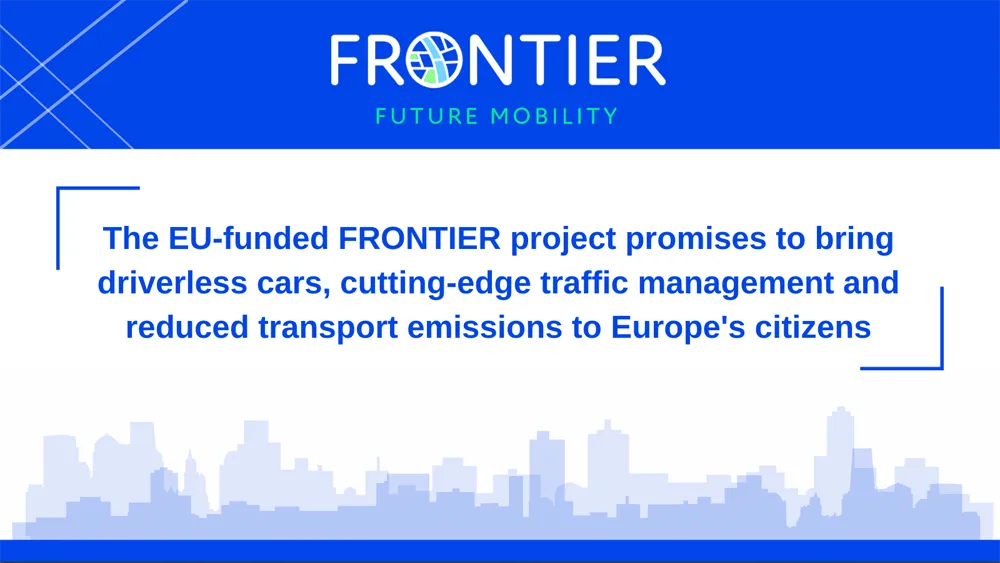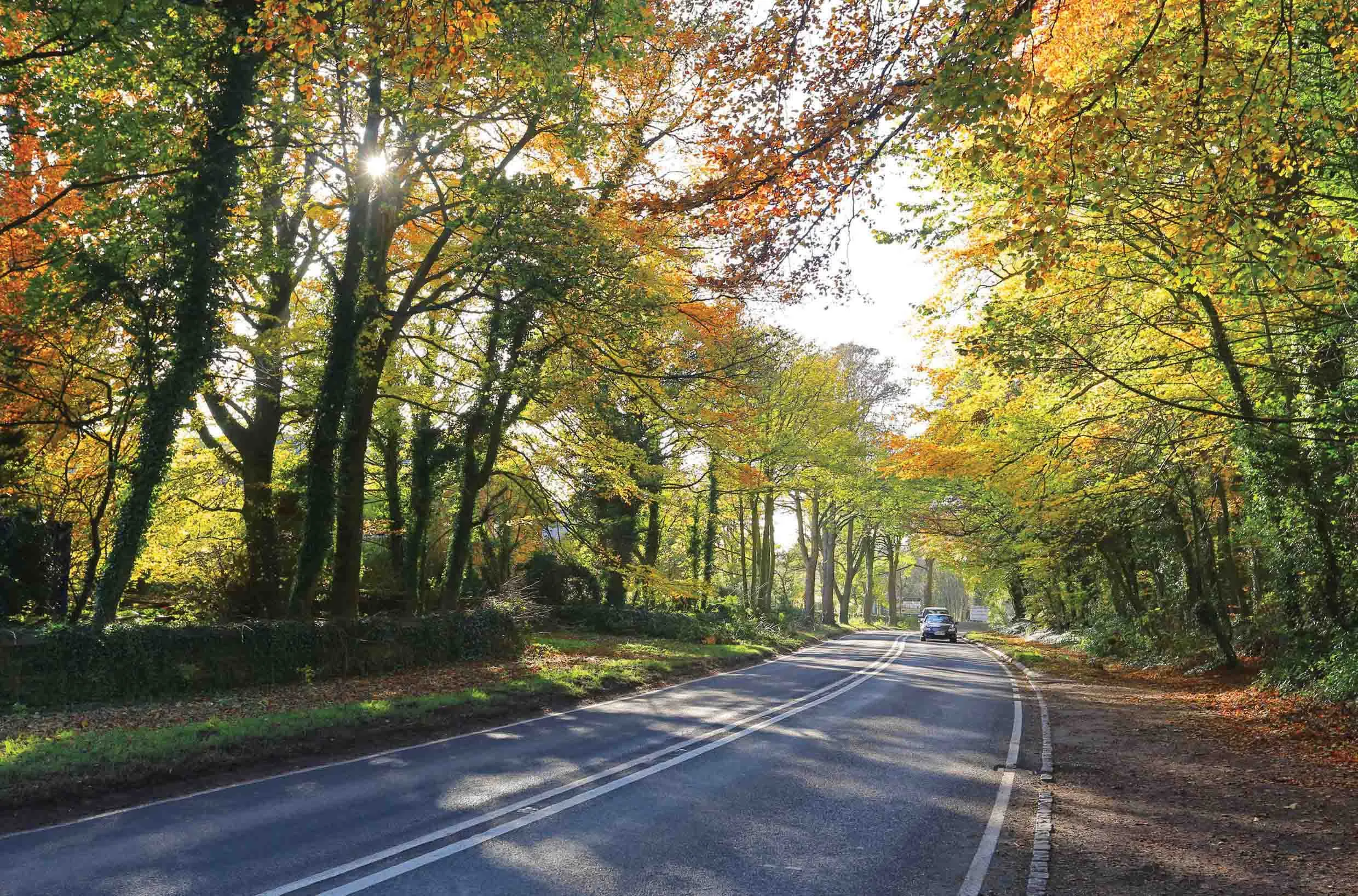A major European project aimed at delivering green traffic management systems in European cities and towns will be officially launched at the
Called 'the issue' (Transport Health Environment – Intelligent Solutions Sustaining Urban Economies), the three-year, €2.7 million, project will support scientists, engineers and development agencies from the different regions to work together, using the latest space and information technologies, to develop more effective methods of easing road congestion and improving the urban environment. Ultimately, it is hoped that the research outcomes will be used to influence future policy and the implementation of traffic management systems that benefit public health and safety.
"With the EU funding we have secured, we can now coordinate different research activities in the same general areas of traffic and the environment that are being carried out by partners from across Europe. These sorts of outcomes have never been brought together in this way before,” claimed Professor Alan Wells, at the University of Leicester's Space Research Centre, who is the scientific leader of the project. "The scientific teams at the heart of the project will be working closely with the bodies responsible for managing traffic, transport and air quality in the UK and European regions to explore how this research can be of value to them."








